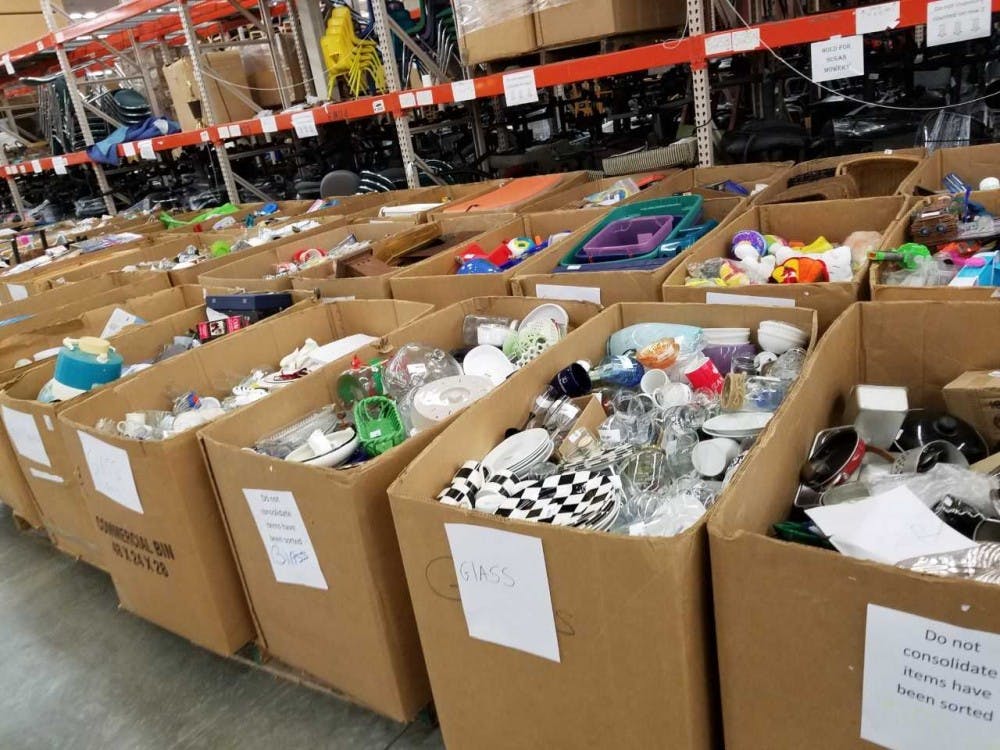Once the stress of finals week comes to a close, students can donate their old bed sheets, clothing and furniture rather than dumping it in a landfill.
Amy Preble, waste diversion coordinator at the Office of Waste Reduction and Recycling, said residence halls will have donation stations as part of the OWRR program, “Don’t Ditch it. Donate it!”
Triangle Residential Options for Substance Abusers is a long-term substance abuse treatment program. People who enter the primary program stay for at least two years during which they participate in vocational training, live on TROSA’s campus and are provided with everything from food to medical care, said Jeff Stern, director of business operations.
Stern said the program has grown tremendously since its founding in 1994, and it now serves an average of 500 residents at a time.
Microwaves, irons, men’s shoes, and silverware are just some of the items always in demand, Stern said. TROSA sells other items they don't have a pressing need for in their thrift store, which generates revenue supplementing donations to fund the program.
When in doubt, Preble said students should put unwanted items in the donation stations. TROSA separates out what it cannot use or sell, and OWRR handles recycling these objects.
If students choose not to resell their textbooks, Stern said TROSA’s participants greatly appreciate educational materials.
Preble said there are some exceptions: food can be composted, and paper and other obvious recyclables can simply be tossed in the recycling bin. In addition, broken furniture should be placed beside the donation stations.
Blair Pollock, solid waste planner at the Orange County Solid Waste Department, said students can bring compostable food waste to the Solid Waste Convenience Center on Eubanks Road or the Carrboro Farmers' Market.




